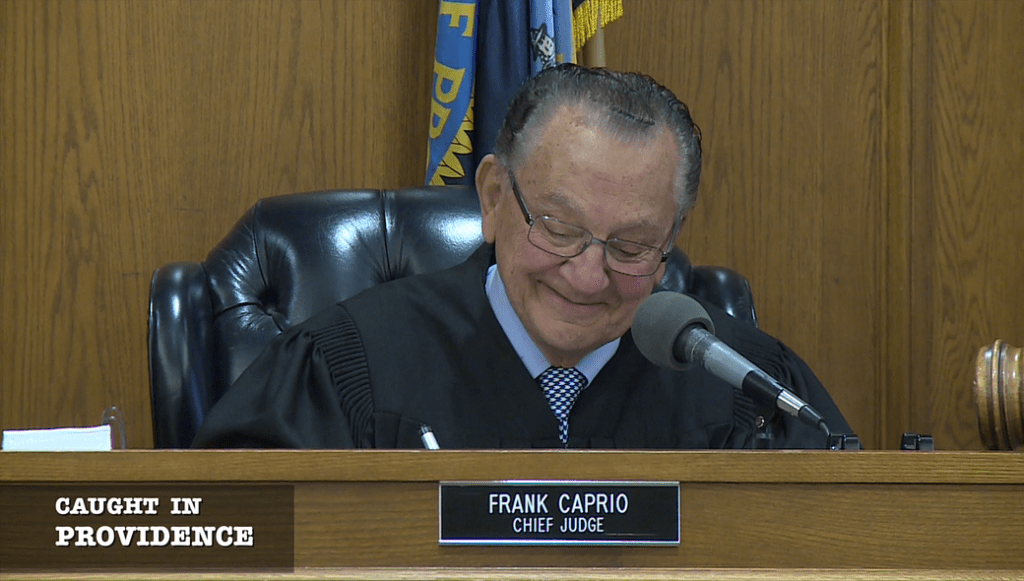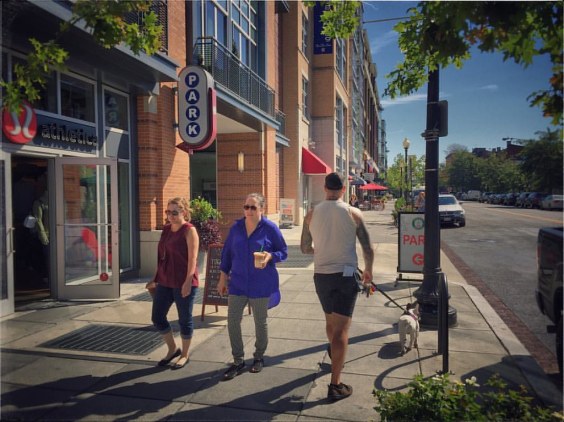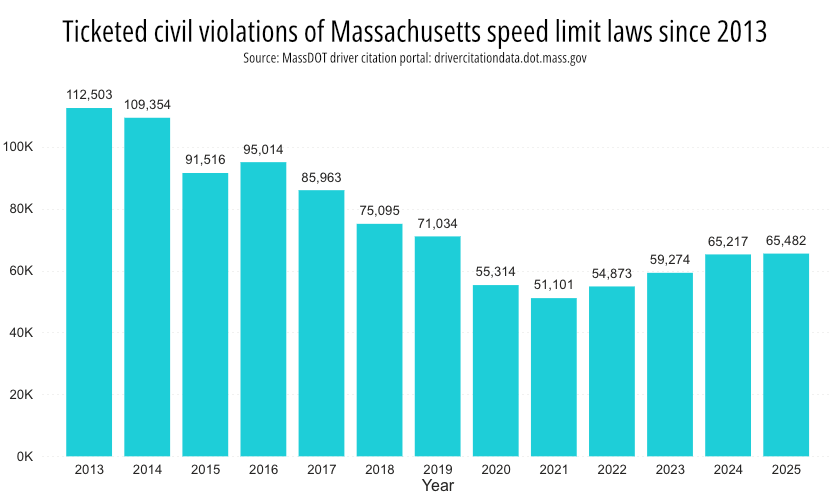We all love Judge Caprio. If you haven’t seen his courtroom show “Caught in Providence,” which features real people and real cases at his traffic court in Providence, RI, then you probably should. It’s a feel-good show in which Judge Caprio and Inspector Quinn usually side with drivers and dismiss their tickets.
But make no mistake: the system is fundamentally broken. We see mothers holding babies in their arms, sobbing while telling Judge Caprio about their tragic backstories. We hear working parents retelling what it’s like to live from paycheck to paycheck and how paying the ticket would decimate their finances.
We can feel their pain, because what’s been happening to them is also happening to the majority of Americans. 70% of people in this country are living paycheck to paycheck, while 40% of Americans can’t afford a $400 surprise bill or they will face financial ruin.
Owning a car is supposedly a gateway to freedom, but for Americans struggling to make ends meet, it is a black hole of endless bills and traffic tickets that can suck up to one third of their total income. Making things worse, it is a black hole that they bought with their own money.
The truth is, car ownership in most parts of our country is mandatory. Unless you’re willing to walk 10 miles a day along highways with no sidewalk, or wait hours to catch a bus that never shows up on time, for all intents and purposes, you can’t live and work without a car.
In Providence, RI, where 29% of its residents are living under the poverty line, most households are forced to keep a car. Otherwise, it would be impossible to navigate the city.
People will make mistakes when they drive. Maybe it’s a wrong turn, or a missed stop sign, but when it happens, they could become burdened with hundreds of dollars in traffic fines. In cases where they have a record of moving violations, the ticket could escalate to thousands of dollars. If they are having difficulty paying it up by the due date, they may face arrest warrants. For too many families, a ticket is all it takes to throw them into financial insolvency. It will be years before they can get back on their feet.
The system is designed to keep hard-working Americans down by exhausting them with the cycle of poverty. Mandatory car ownership is instrumental for this cycle to continue into perpetuity.
And this system doesn’t even succeed in its intent: to remove dangerous drivers from the roads. In other countries, if you violate the traffic rules, and you get your license suspended, fair and square. But in the United States, depriving someone of their privilege to drive also deprives them of access to work and other opportunities.
License revocation rarely works because dangerous drivers will still get behind the wheel anyway. They have little choice: the chances of being pulled over with a suspended license is negligible when compared to the imminent risk of losing all your income.
To solve the problem, we need common-sense public transportation in Rhode Island, and everywhere else in this country.
With adequate public transit, people wouldn’t be forced to keep a car anymore, saving big on expenses. And removing dangerous drivers from the road would be effective if those drivers had realistic alternatives.
I don’t want to lay the blame on Judge Caprio. Most TV personalities are either bitter or pretending to be nice, but Judge Caprio is different. He is genuinely kind, and he is trying his best to make a difference.
However, the system of traffic enforcement which he represents is not beyond reproach. We’re too forgiving on careless drivers while pedestrians and cyclists across the country are getting mowed down. On May 4, 2019, Providence Journal, the city’s newspaper of record, published an editorial titled “Getting Deadlier for Pedestrians,” in which they cited data from Governors Highway Safety Association that “6,227 [pedestrians] were killed in 2018 [in the U.S.]...the highest number in 30 years.”
Caught in Providence is undeniably a heartwarming show, but it could only exist in a car-dependent dystopia in which people are forced to choose between food and their car, in which people are thrown into financial ruin because they can’t pay traffic tickets, in which pedestrians are being run over by cars and SUVs on a daily basis. This dystopia is the United States.
Alexis Zhou, the coordinator of Société de transport étudiant universitaire in Montreal, is spearheading grass-roots efforts to better connect college towns in North America by intercity passenger transportation. As a freelance journalist, she writes on public transit and urbanism. Follow her on Twitter: @alex_i_s_






